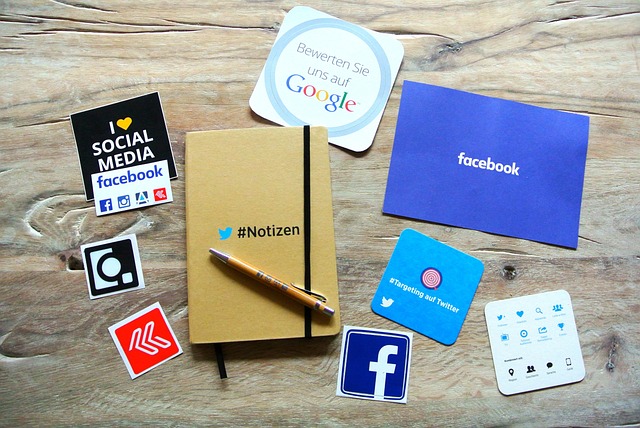AI leaderboard overlays transform VR fitness gaming by offering real-time performance data and adaptive training experiences. These features enhance user engagement, track progress, and encourage competition. Beyond entertainment, AI simulations tailor workouts based on individual needs in fitness and rehabilitation settings. However, ethical considerations regarding privacy, security, and potential biases are crucial to ensure health and progress remain the primary focus alongside rankings.
“Discover how AI simulations are transforming physical response evaluations, particularly within VR fitness gaming. This article explores the power of AI as a tool for assessing user performance in virtual reality environments. We delve into the concept of AI leaderboard overlays, examining their benefits and applications in enhancing fitness game experiences. Additionally, we discuss future implications and ethical considerations surrounding AI’s role in fitness assessment, shedding light on its potential to revolutionize health monitoring.”
- Understanding AI Simulations for Physical Response Evaluation
- AI Leaderboard Overlays in VR Fitness Games: Benefits and Applications
- Future Implications and Ethical Considerations of AI in Fitness Assessment
Understanding AI Simulations for Physical Response Evaluation

AI simulations are transforming the way we evaluate user physical responses, especially in immersive environments like virtual reality (VR) fitness games. These simulations leverage machine learning algorithms to analyze and interpret real-time data from users’ movements, providing valuable insights into performance metrics. By using AI leaderboard overlays within VR fitness games, developers can offer personalized experiences tailored to individual users’ capabilities and progress.
The integration of AI in this context enhances the gaming experience by enabling dynamic adjustments based on each player’s physical responses. This technology not only ensures a more engaging and challenging workout but also allows for precise tracking of improvements over time. AI leaderboard overlays, for instance, can display real-time performance data, comparative metrics against peers, and achievable goals, fostering a sense of competition and motivation among users.
AI Leaderboard Overlays in VR Fitness Games: Benefits and Applications

AI leaderboard overlays in VR fitness games offer a revolutionary way to enhance user engagement and motivation. By seamlessly integrating real-time performance metrics, gamers can instantly visualize their progress, comparing it to global or personal bests. This competitive element not only adds excitement but also encourages users to push their physical limits within the virtual environment.
The applications of AI leaderboard overlays extend beyond entertainment. In fitness and rehabilitation settings, these tools can provide tailored feedback, tracking improvements in strength, endurance, and flexibility. By overlaying data onto the game world, users gain a tangible representation of their achievements, fostering a sense of accomplishment that translates to real-world motivation for continued exercise routines.
Future Implications and Ethical Considerations of AI in Fitness Assessment

As AI continues to evolve, its integration into fitness assessment and virtual reality (VR) gaming is poised to bring about significant changes in how we approach physical training and health tracking. Future implications suggest that AI-driven simulations could offer highly personalized workout plans tailored to individual needs and goals. By analyzing users’ physical responses in real-time, these systems can adapt exercises, adjust intensity levels, and provide immediate feedback, ensuring optimal performance and reducing the risk of injury.
However, ethical considerations must be addressed when employing AI in fitness assessment. Privacy and data security are paramount, as sensitive health information will be collected and processed. Ensuring transparency in how data is used and shared is crucial to maintaining user trust. Additionally, potential biases in AI algorithms, especially concerning body types and fitness levels, should be carefully monitored to prevent unfair or inaccurate assessments. The use of AI leaderboard overlays for VR fitness games, while exciting, must also balance competition with user well-being, ensuring that the focus remains on health and progress rather than solely on rankings.
AI simulations, particularly through AI leaderboard overlays in VR fitness games, offer a revolutionary approach to evaluating physical responses. By enhancing the user experience and providing tailored feedback, these technologies hold immense potential for the future of fitness assessment. As we explore the ethical implications and continue to innovate, AI leaderboard overlays for VR fitness games could become a game-changer in health monitoring, ensuring both efficiency and personalization in the digital fitness landscape.
